The number of respiratory illnesses caused by human metapneumovirus (HMPV) in China has been increasing since late 2024, but Beijing authorities have reassured that this is not a new disease.
According to CGTN, since mid-December 2024, the number of human metapneumovirus (HMPV) infections in China has increased, raising concerns about the emergence of a new virus five years after the outbreak of Covid-19.
However, Chinese health officials and doctors have reassured the public that HMPV is a common respiratory disease. Chinese Foreign Ministry spokeswoman Mao Ning said on January 3 that respiratory infections typically peak during the winter. "The cases appear to be less severe and spread on a smaller scale than last year," Mao said, assuring foreigners that it is "safe to travel to China."

Patients at a hospital in Shanghai (China) during the Covid-19 outbreak in January 2023
According to CGTN, Chinese media have reported an increase in HMPV infections with some cases describing flu-like symptoms, including dizziness, leading to speculation about a new disease.
However, Chinese experts say HMPV is not a new threat. Zheng Lixu, a researcher at the Institute of Microbiology of the Chinese Center for Disease Control and Prevention (CDC), said HMPV is a common virus that has been circulating around the world for more than 60 years but was only identified in the early 2000s because of its slow-developing and nonspecific symptoms. The researcher said that for most patients, symptoms will gradually resolve within about a week.
Many Chinese hospitals are overloaded with pneumonia
Other infectious disease experts recommend that patients avoid self-diagnosing HMPV based on symptoms such as fever or dizziness, and instead seek medical care or see a doctor for diagnosis and treatment if symptoms worsen. The disease has symptoms similar to other respiratory illnesses, including cough, nasal congestion, fatigue, gastrointestinal discomfort, and high fever.
Prevention and treatment
Although most HMPV infections are mild, a small number of children may develop pneumonia after infection. Specialists emphasize the need to monitor the condition of children, the elderly, and those with weakened immune systems. Doctors recommend seeking immediate medical attention if symptoms such as persistent high fever, lethargy, severe cough, and difficulty breathing develop.
Chinese experts stressed the need to take care of patients because there is currently no specific medicine or vaccine to prevent HMPV. Patients are advised to rest, eat light meals, and wear clothes suitable for the weather. In addition, to prevent the virus, people should wear masks, wash their hands regularly, keep their homes clean and well-ventilated, and avoid crowded places.
HMPV elsewhere
Hong Kong has recently reported a number of cases of HMPV, according to The Independent . Taiwan and Cambodia are also closely monitoring the situation. Cambodia’s Department of Communicable Disease Control has issued a warning about HMPV, noting that the disease resembles Covid-19 and influenza.
Taiwan's Centers for Disease Control said the disease poses a higher risk to children, the elderly and those with weakened immune systems.
In India, officials say there is no need to panic as HMPV is "like any other respiratory virus". "There has been news of a metapneumovirus outbreak in China. Let me be clear on this. Metapneumovirus is like any other respiratory virus that causes common cold. In the very old and very young, it can cause flu-like symptoms," said Dr Atul Goel, an official with the Directorate General of Health Services (DGHS).
Source: https://thanhnien.vn/trung-quoc-noi-gi-ve-so-ca-mac-benh-ho-hap-gia-tang-185250105204311191.htm


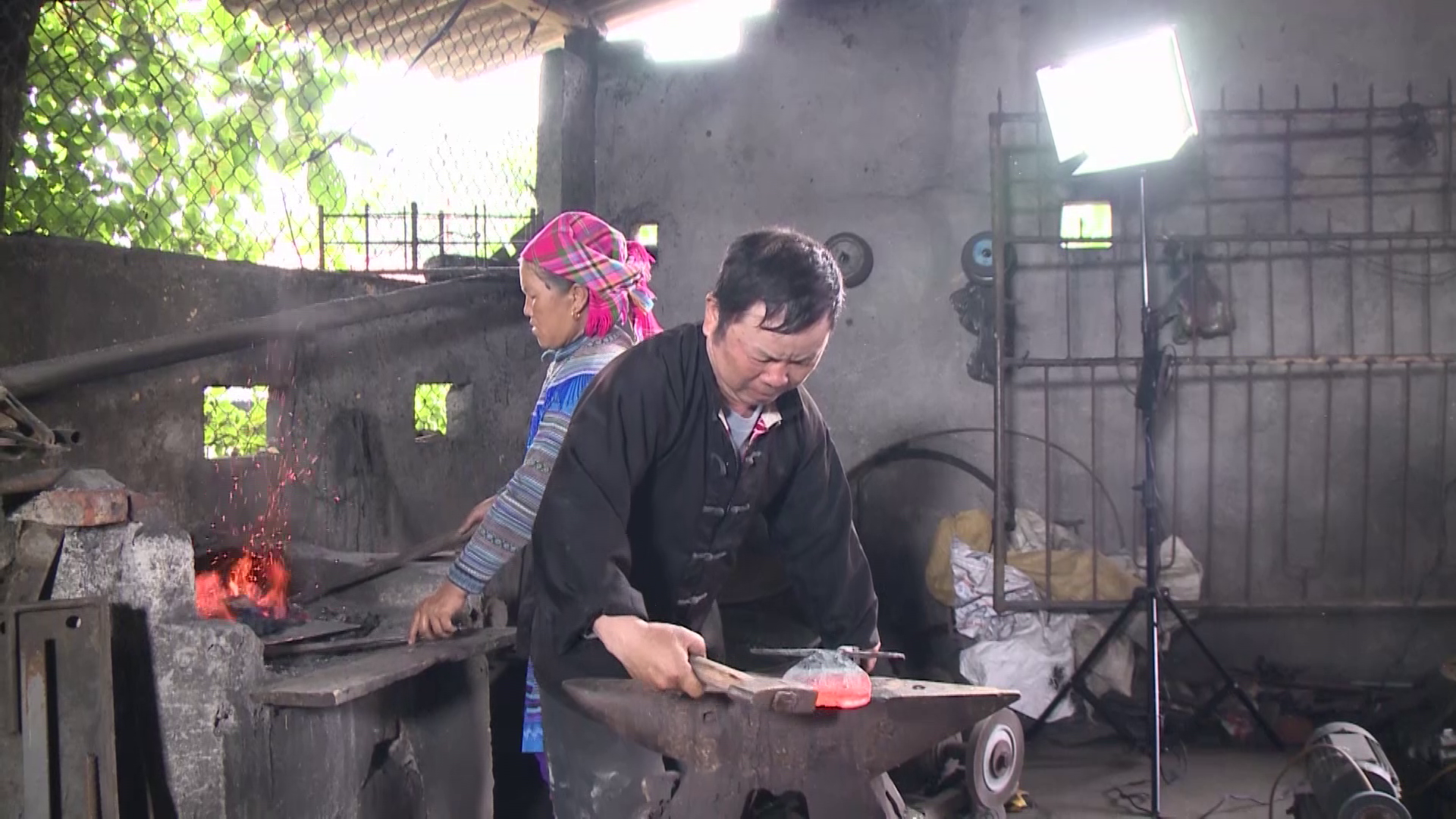
![[UPDATE] April 30th parade rehearsal on Le Duan street in front of Independence Palace](https://vstatic.vietnam.vn/vietnam/resource/IMAGE/2025/4/18/8f2604c6bc5648d4b918bd6867d08396)


![[Photo] Prime Minister Pham Minh Chinh receives Mr. Jefferey Perlman, CEO of Warburg Pincus Group (USA)](https://vstatic.vietnam.vn/vietnam/resource/IMAGE/2025/4/18/c37781eeb50342f09d8fe6841db2426c)








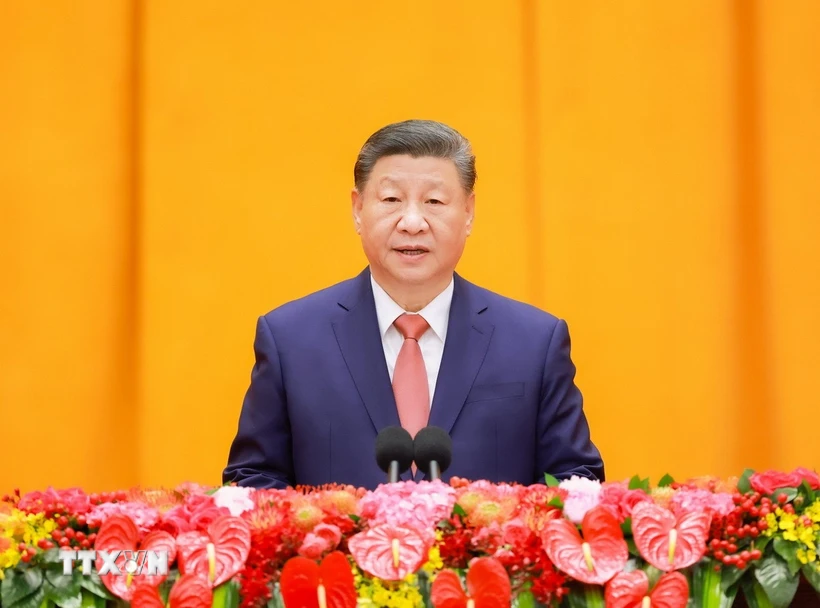



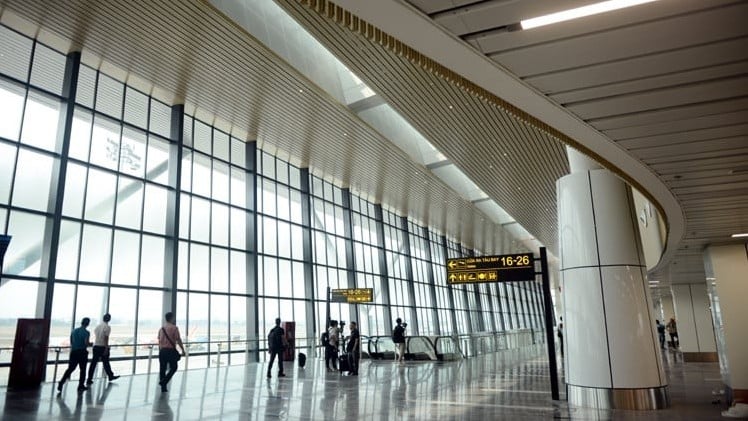
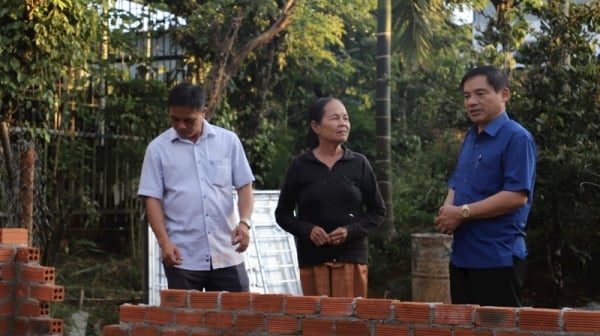
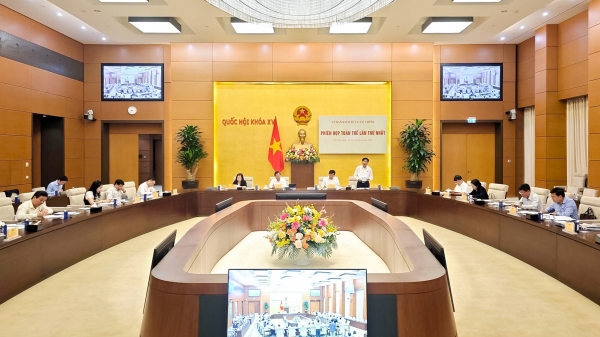







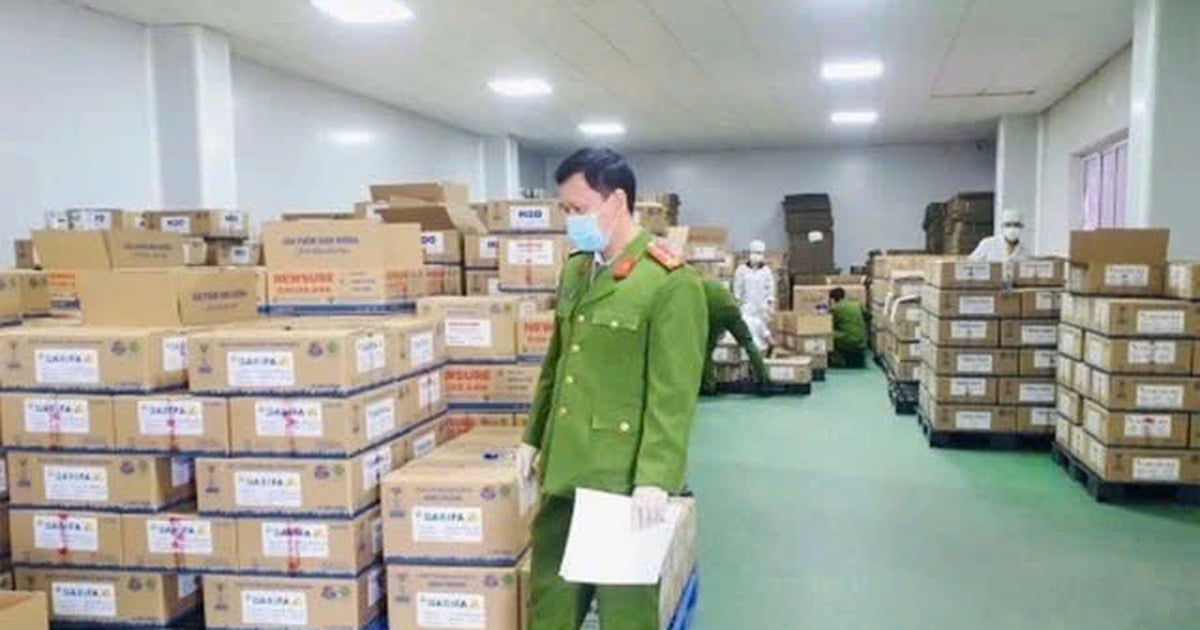


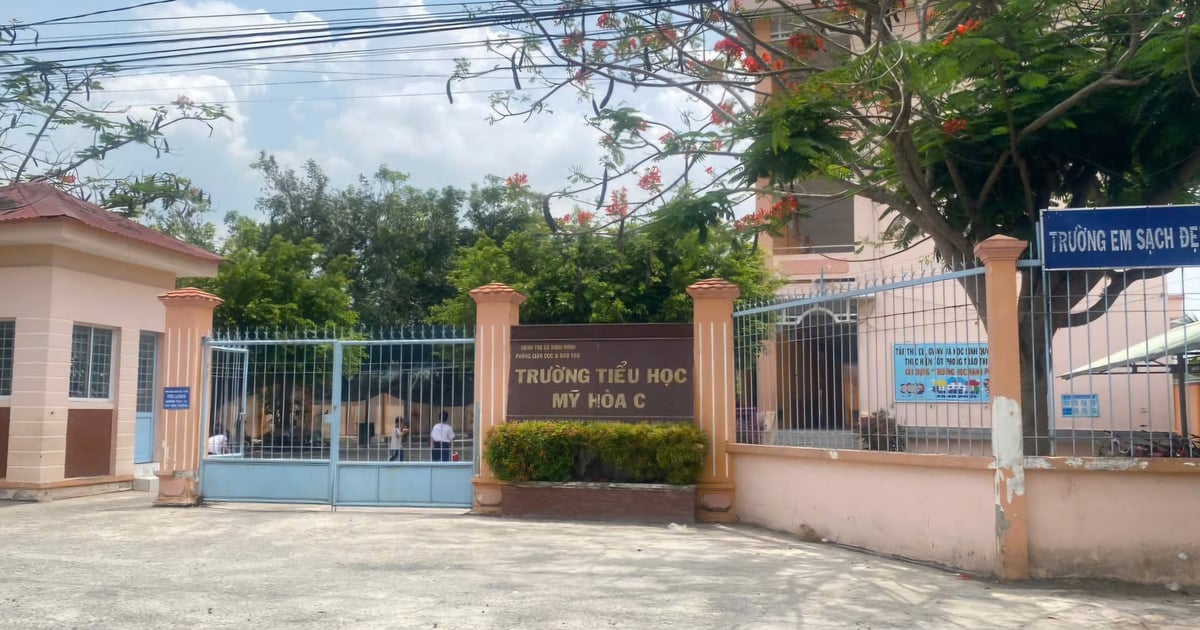


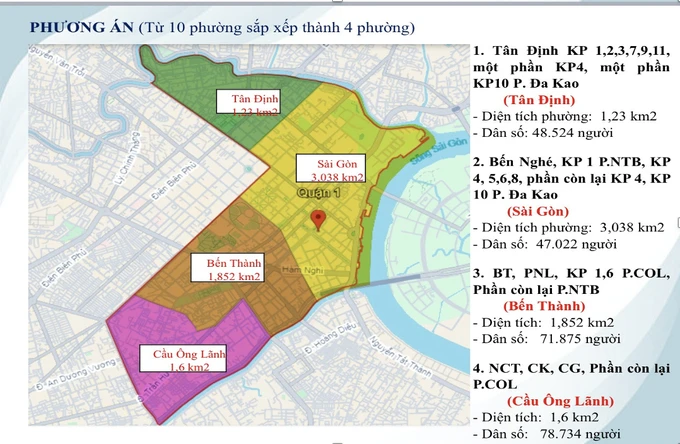






































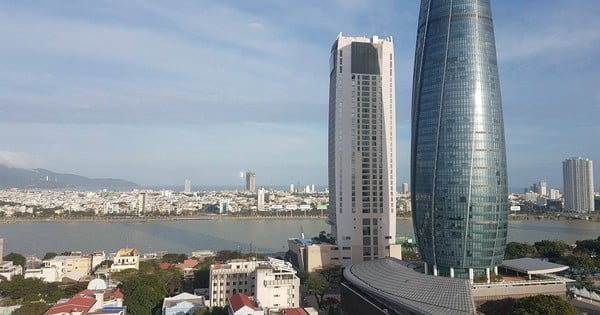












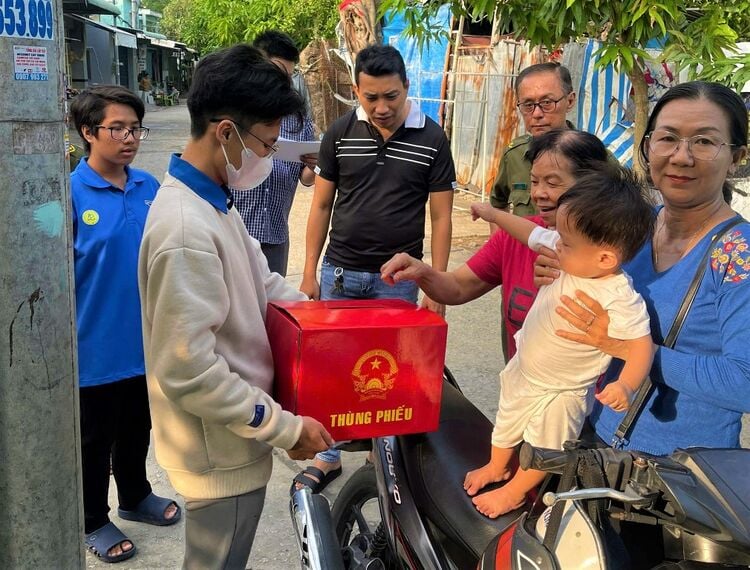



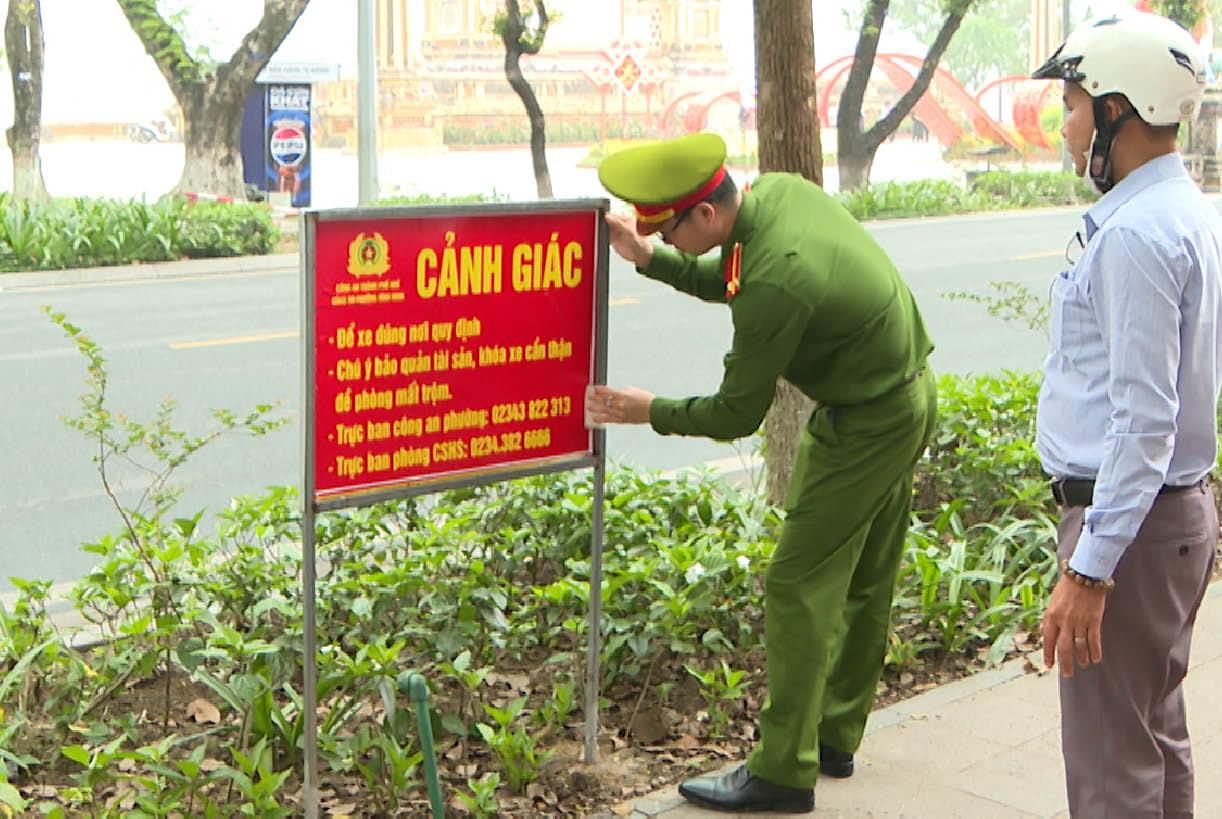










Comment (0)